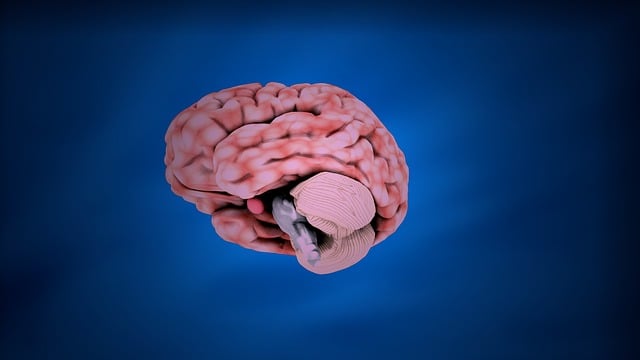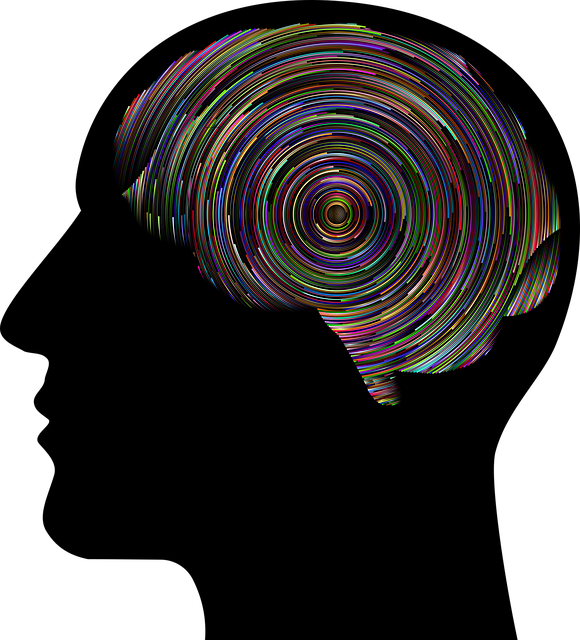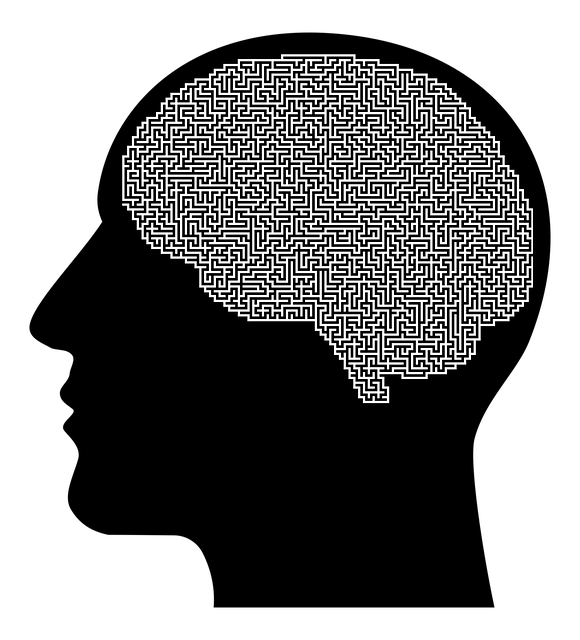Wheat Ridge Terminal Illness Therapy emphasizes the importance of mental wellness as a key component of overall well-being, highlighting its impact on emotions, thinking, and behavior. They offer structured guidance through Empathy Building Strategies, Conflict Resolution Techniques, and Mental Wellness Journaling Exercises to enhance self-awareness and mental health. Journaling is recognized as a powerful therapeutic tool for managing mood, coping with emotional weight, reducing stigma, and fostering self-compassion, especially in navigating terminal illness. By creating personalized journaling practices, individuals can gain insights, identify triggers, develop coping mechanisms, and improve their mental wellness journey through honest expression and reflection.
Mental wellness is a cornerstone of overall health, yet it’s often overlooked. In today’s fast-paced world, stress, anxiety, and depression can take a toll on our well-being. This article explores how mental wellness journaling exercises can serve as a powerful therapeutic tool for self-discovery and healing, drawing insights from the Wheat Ridge Terminal Illness Therapy approach. We’ll guide you through creating a personalized journaling practice, offering tips and exploring topics to enhance your mental health journey.
- Understanding Mental Wellness and its Impact
- Journaling as a Therapeutic Tool
- Creating Your Journaling Practice
- – 3.1 Topics to Explore
- – 3.2 Establishing a Routine
Understanding Mental Wellness and its Impact

Mental wellness is a vital aspect of overall well-being, encompassing our emotional, psychological, and social health. It affects how we think, feel, and act in various aspects of life, including relationships, work, and personal pursuits. At Wheat Ridge Terminal Illness Therapy, we recognize that mental wellness plays a crucial role in managing stress, enhancing resilience, and promoting a sense of fulfillment.
Understanding the impact of mental wellness is essential as it influences our ability to cope with challenges, make decisions, and connect with others. By engaging in Empathy Building Strategies and Conflict Resolution Techniques, individuals can improve their mental wellness. Mental Wellness Journaling Exercise Guidance offers a powerful tool for self-reflection and personal growth. Through structured journaling, people can track their thoughts, emotions, and behaviors, fostering awareness and providing valuable insights to support their journey towards improved mental health.
Journaling as a Therapeutic Tool

Journaling has emerged as a powerful therapeutic tool for individuals seeking to navigate and improve their mental wellness. By putting pen to paper, or fingers to keyboard, one can unlock a profound process of self-reflection and healing. This practice allows for the exploration of thoughts, emotions, and experiences, providing an avenue for expression and understanding that can be transformative.
For those facing challenges such as terminal illness, Wheat Ridge Terminal Illness Therapy incorporates empathy building strategies through journaling, aiding patients in managing their mood and coping with emotional weight. The act of recording personal insights contributes to mental illness stigma reduction efforts by fostering self-compassion and promoting open dialogue about sensitive topics. Through regular reflection, individuals can gain valuable insights into their feelings, identify triggers, and develop effective coping mechanisms, ultimately enhancing their overall mental wellness journey.
Creating Your Journaling Practice

Creating your journaling practice is a personal journey that can be as unique as you are. At Wheat Ridge Terminal Illness Therapy, we encourage individuals to view it as a form of self-care and resilience building. Start by dedicating a quiet moment each day or week to sit with yourself and reflect. Your journal doesn’t need to be fancy; it can be a simple notebook or even your phone notes app. The goal is to provide a space where you can openly express your thoughts, feelings, and experiences without judgment.
Incorporating journaling into your self-care routine can help in developing a deeper understanding of yourself and enhancing public awareness campaigns around mental health. By regularly documenting your journey, you create a historical record of your progress, challenges, and victories. This practice allows for powerful insights and fosters personal growth. Whether it’s tracking mood patterns, jotting down inspiring quotes, or simply listing things you’re grateful for, make journaling a consistent part of your Self-Care Routine Development for Better Mental Health.
– 3.1 Topics to Explore

When engaging in mental wellness journaling, there’s a wealth of topics to explore that can be tailored to your unique experiences and needs, especially as someone navigating terminal illness in Wheat Ridge, CO, with access to professional therapies like those available at Wheat Ridge Terminal Illness Therapy. Firstly, reflect on your emotions and the emotional healing processes you’ve undergone. Journaling allows for an honest expression of feelings, whether it’s grief, fear, or even moments of peace and gratitude. This practice can help in processing these emotions and understanding their impact on your overall well-being.
Additionally, consider incorporating strategies for burnout prevention into your journaling routine. Set aside space to document self-care practices that nourish your mind and body. Whether it’s adopting a new self-care routine development for better mental health, trying meditation techniques, or engaging in creative outlets, these reflections can guide you toward sustainable coping mechanisms. By regularly documenting your thoughts and activities, you gain valuable insights into what supports your mental wellness journey.
– 3.2 Establishing a Routine

Establishing a consistent journaling routine is a powerful tool for maintaining mental wellness, especially when navigating challenging life situations or managing terminal illnesses like those requiring Wheat Ridge Terminal Illness Therapy. Dedicating just a few minutes each day to reflect and record your thoughts can significantly impact your emotional well-being. Consistency is key; setting aside dedicated time, perhaps upon waking or before bedtime, helps to make journaling a habit.
This practice allows for a safe space to explore emotions, track progress, and identify patterns. By regularly documenting your feelings, you can better understand triggers, develop coping strategies, and foster resilience. Moreover, it provides an opportunity to challenge mental illness stigma reduction efforts by normalizing the expression of vulnerability and emotional experiences, as encouraged in Crisis Intervention Guidance for professionals and individuals alike.
Mental wellness journaling can be a powerful tool for self-care and personal growth, as evidenced by its effectiveness in Wheat Ridge terminal illness therapy. By exploring topics like emotions, thoughts, and experiences through regular writing practices, individuals can gain valuable insights and enhance their overall well-being. Establishing a consistent routine, whether it’s daily or weekly, allows for a deeper connection with one’s mental landscape. This simple yet profound practice has the potential to transform lives, offering a peaceful sanctuary where individuals can process, heal, and thrive in their journey towards improved mental health.














